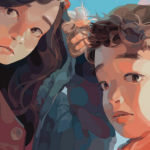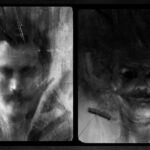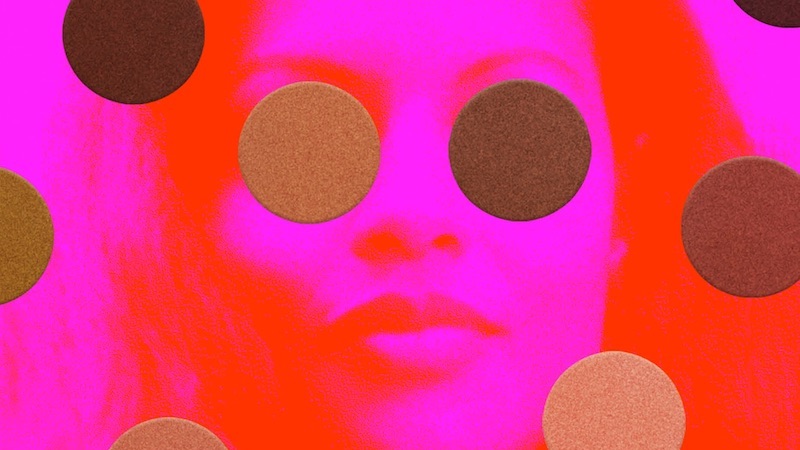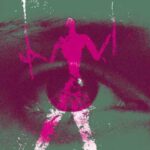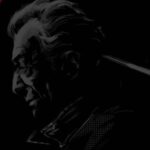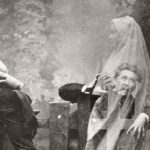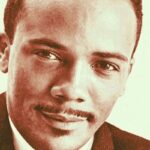- How the writer researches: John Freeman talks to Annie Proulx in her home, deep in the woods. | Literary Hub
- On the tricky genius of Yuri Herrera’s character names: Lisa Dilling shares a translator’s secrets. | Literary Hub
- The ongoing relevance of Thomas Pynchon’s The Crying of Lot 49, 50 years later. | Literary Hub
- Marriage, am I doing it right? On James Salter, Ingmar Bergman, and finding the answers in art. | Literary Hub
- Funeral masque: an elegy for Geoffrey Hill by Ishion Hutchinson. | Literary Hub
- Roxane Gay: “We have to bear witness and resist numbness.” | The New York Times
- 9,000 words on 92 titles: A preview of the most anticipated books of the second half of 2016. | The Millions
- From an afternoon nap to an adultery-fueled murder: Roa Lynn recalls getting Pablo Neruda to write her a poem. | The New Yorker
- “There is no way to read DeLillo’s novels and not understand that—at least on a subconscious level—he saw it coming.” How Don DeLillo prophesized 9/11. | The New Inquiry
- The writing wants to reach the baby: Lucy Ives on Rivka Galchen’s Little Labors. | The Los Angeles Review of Books
- “Literature has to dig into uncomfortable vocabularies to find new ways of expression.” An interview with Yuri Herrera. | 3:AM Magazine
- “He followed me everywhere with his letters. Everywhere I went, I wrote him letters. Everywhere I went, I wrote about him.” Jennifer Tseng on re-reading letters from her father. | Electric Literature
- Jensen Beach on his interest in the novel as a form, the meaninglessness of weather, and art and history as objects literature can respond to. | Zyzzyva
- Esmé Weijun Wang’s The Collected Schizophrenias, which “powerfully breaks open the social, historical, medical, and spiritual aspects of schizophrenia,” has won the Graywolf Press Nonfiction Prize. | Graywolf Press
Also on Literary Hub: The poetry of the war on terror · The Grumpy Librarian: Are you a time traveler? · Beware of castles in the air: From Julian Fellowes’s Belgravia.



